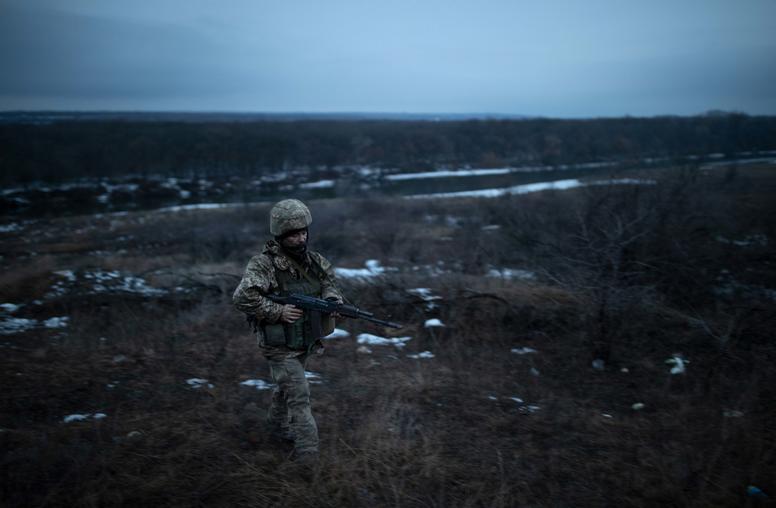Russia and Europe Center
Russia’s invasion of Ukraine in February 2022 threatened Ukraine’s sovereignty and territorial integrity and has expanded into a conflict on a scale unseen in Europe since World War II, with Vladimir Putin’s rule central to rising global threats to peace and stability. Focusing on Russia and Ukraine and working closely with the Institute’s China program, USIP’s Russia and Europe Center, established in 2020, provides research and analysis on the growing impact of these dangers. The center makes recommendations to the U.S. government regarding Russia’s challenge to the rules-based international order and conducts specialized work on Track 2 dialogues to promote eventual reconciliation and reconstruction. The center also hopes to begin a program to combat gender-based violence in the region.
The Center leads the Institute’s long-standing engagements on:
Strategic Stability
This program seeks to advance strategic stability at a time of flux in the international system — with heightened tensions between Washington and Moscow, the emergence of China and return of great power competition more generally, and the development of new lethal high technology and cyber weapons unregulated by the traditional arms control architecture. Overt Russian nuclear threats in the early days of its invasion of Ukraine have underscored the importance of such an effort and highlighted the need for a renewed focus on these issues. At present, the center analyzes the impact of nuclear, space, hypersonic and other emerging technologies. Working closely with the USIP Asia team, we also examine whether and how to include China in appropriate elements of an updated arms control regime.
Russia’s Role in International Conflict
In 2021, USIP established a program to analyze Russian kinetic and non-kinetic efforts to expand its influence through military operations, sowing disinformation through mass and social media, undermining democratic electoral processes, and fostering corruption. This program aims to better understand how Russia works to destabilize neighboring states — as well as weaker or fragile states in the Middle East, Africa and the Western Hemisphere — and provide avenues for reducing those risks and strengthening those countries’ resilience. Drawing upon USIP’s deep involvement in many regions where Russia is active, the center is developing a robust set of tools and a methodology to identify and assess the levels of Russian involvement in USIP-priority countries and violence-afflicted states, to examine the most effective ways these countries can counter Russian influence, and to deter conflict. The center pays particular attention to how the war in Ukraine, the erosion of the Russian economy as a result of the war and Western sanctions alter the Kremlin’s practice of such activities overseas, especially in Africa and the South Caucasus.
Seeking Peace in Ukraine
Since 2017, this program has offered independent analysis and used its specialized capacity for unofficial dialogue to strengthen options for a peaceful resolution of the Russia-led conflict in Ukraine’s Donbas region. In 2021-2022, the Institute partnered with Ukrainian organizations to conduct a dialogue between communities across the front line of the war. This project is built on local relationships and experience in reconciliation that will be critical for the success of any eventual peace accord.
Since the renewed Russian invasion in February 2022, the center has been leading expert working groups to provide recommendations for an end to the war. We will also convene a working group to examine the current European security architecture now under threat, consider the factors that have shaped it, and explore opportunities for new structures and processes to prevent, mitigate and resolve future conflict in Europe. Meanwhile, the center is collaborating with relevant USIP units, external partners and the United Nation on reconstruction and accountability for war crimes. We will continue working with Ukrainian NGOs to strengthen dialogue between communities and displaced persons to foster reconciliation and reconstruction.


